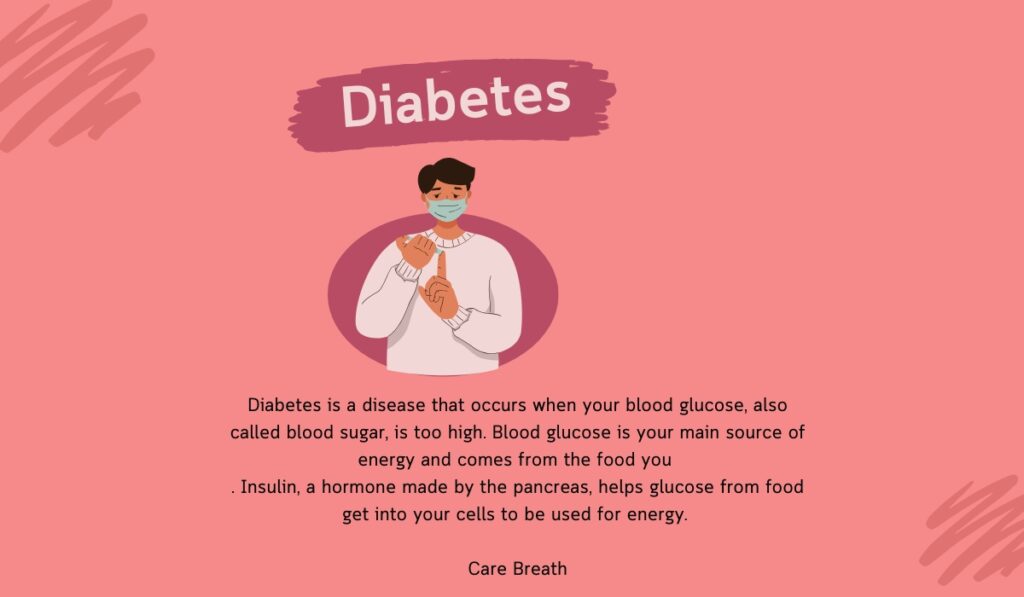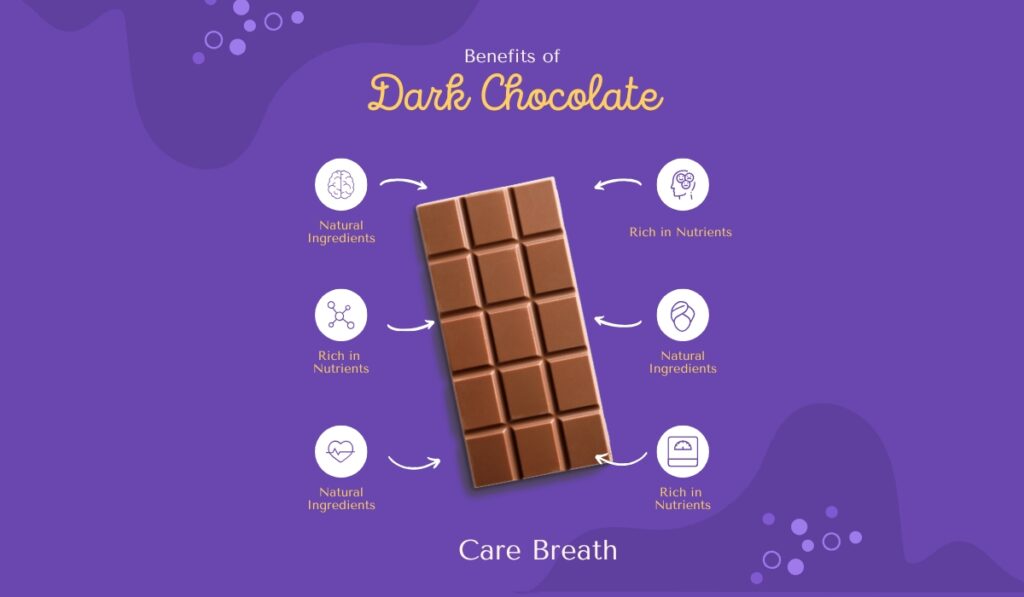Dark Chocolate lowest Risk of Diabetes by 21%

Discover how dark chocolate can lowest the risk of diabetes by 21%! Learn about its health benefits, antioxidants and role in blood sugar regulation.

Dark chocolate is often seen as a guilty pleasure, but recent research suggests it’s much more than a treat. When consumed in moderation, dark chocolate can play a surprising role in supporting your health. A groundbreaking study has shown that regular consumption of dark chocolate can reduce the risk of diabetes by 21%. This finding adds to a growing body of evidence highlighting the link between diet and the prevention of chronic diseases like diabetes. Ready to learn more about how this works? Let’s begin with the basics.
Understanding Diabetes
What is Diabetes?
Diabetes is a chronic condition that affects how your body processes blood sugar, or glucose. There are three main types:
- Type 1 Diabetes: An autoimmune condition where the body attacks insulin-producing cells.
- Type 2 Diabetes: The most common type, often associated with lifestyle factors like diet and exercise.
- Gestational Diabetes: A temporary condition occurring during pregnancy that can increase the risk of Type 2 diabetes later.

Common Risk Factors
Several factors contribute to the risk of developing diabetes, including:
- Unhealthy Diet: High sugar and low fiber intake.
- Physical Inactivity: A sedentary lifestyle reduces insulin sensitivity.
- Genetics: A family history of diabetes significantly increases risk.
Why Prevention Matters
Diabetes is no small matter—it can lead to serious health complications such as heart disease, kidney failure, and vision loss. Prevention is not just about avoiding these issues; it’s about leading a healthier, more fulfilling life.
Nutritional Profile of Dark Chocolate
Key Ingredients in Dark Chocolate
Dark chocolate stands out for its high cocoa content, typically 70% or more. It’s packed with:
- Flavonoids: Natural compounds with antioxidant and anti-inflammatory properties.
- Magnesium and Fiber: Essential nutrients that support metabolic health.
Benefits of Flavonoids
Flavonoids are the real stars here. They help:
- Combat oxidative stress, which is a major factor in insulin resistance.
- Improve blood flow and reduce inflammation, supporting better glucose regulation.

How Dark Chocolate Reduces Diabetes Risk
Mechanism of Action
Dark chocolate improves your body’s ability to regulate blood sugar. Its antioxidants enhance insulin sensitivity, making cells more responsive to insulin and reducing the risk of Type 2 diabetes. It also supports the production of insulin by protecting pancreatic cells.
Scientific Studies Supporting the Claim
The 21% figure comes from a robust study analyzing the dietary habits of thousands of participants. Researchers found that those who consumed small amounts of dark chocolate regularly were significantly less likely to develop diabetes. This study aligns with previous research that has highlighted the metabolic benefits of cocoa-rich foods.
Recommended Dark Chocolate Consumption
How Much Dark Chocolate is Healthy?
The key to enjoying the benefits without overdoing it is moderation. Experts recommend:
- Serving Size: About 1–2 ounces (30–60 grams) a few times a week.
- Frequency: Regular but not excessive consumption.
Choosing the Right Type of Dark Chocolate
Not all dark chocolates are created equal. Look for options with:
- 70% or Higher Cocoa Content: More cocoa means more flavonoids.
- Minimal Added Sugars: Avoid chocolates with high sugar levels.

FAQs
- How does dark chocolate reduce the risk of diabetes?
Dark chocolate contains flavonoids and antioxidants, which improve insulin sensitivity, enhance blood flow, and reduce inflammation. These benefits help regulate blood sugar levels and reduce the risk of developing diabetes. - What is the recommended amount of dark chocolate to consume?
Consuming small amounts, about 1-2 ounces (30-50 grams) of high-quality dark chocolate with at least 70% cocoa, is suggested for health benefits. Overconsumption may lead to weight gain, which can increase diabetes risk. - Is all dark chocolate effective in reducing diabetes risk?
No, only high-quality dark chocolate with minimal sugar and at least 70% cocoa content offers health benefits. Avoid dark chocolates with high sugar or milk content. - Can dark chocolate cure diabetes?
No, dark chocolate cannot cure diabetes. However, it can be part of a healthy diet that supports better blood sugar control and may reduce the risk of developing Type 2 diabetes. - Are there any side effects of eating dark chocolate?
Excessive consumption can lead to weight gain, increased sugar intake, and digestive issues. Always consume in moderation. - Can people with diabetes eat dark chocolate?
Yes, but it should be consumed in moderation and as part of a well-balanced diet. It is advisable to consult a healthcare professional before including dark chocolate in the diet. - How does dark chocolate compare to other sweets for diabetes risk?
Unlike most sweets, dark chocolate with high cocoa content has a low glycemic index and contains beneficial compounds. Other sweets usually contain high sugar and unhealthy fats that increase diabetes risk. - Is dark chocolate safe for everyone?
Most people can safely consume dark chocolate in moderation. However, individuals with caffeine sensitivity or allergies to cocoa should avoid it. Always consult a doctor if unsure.




